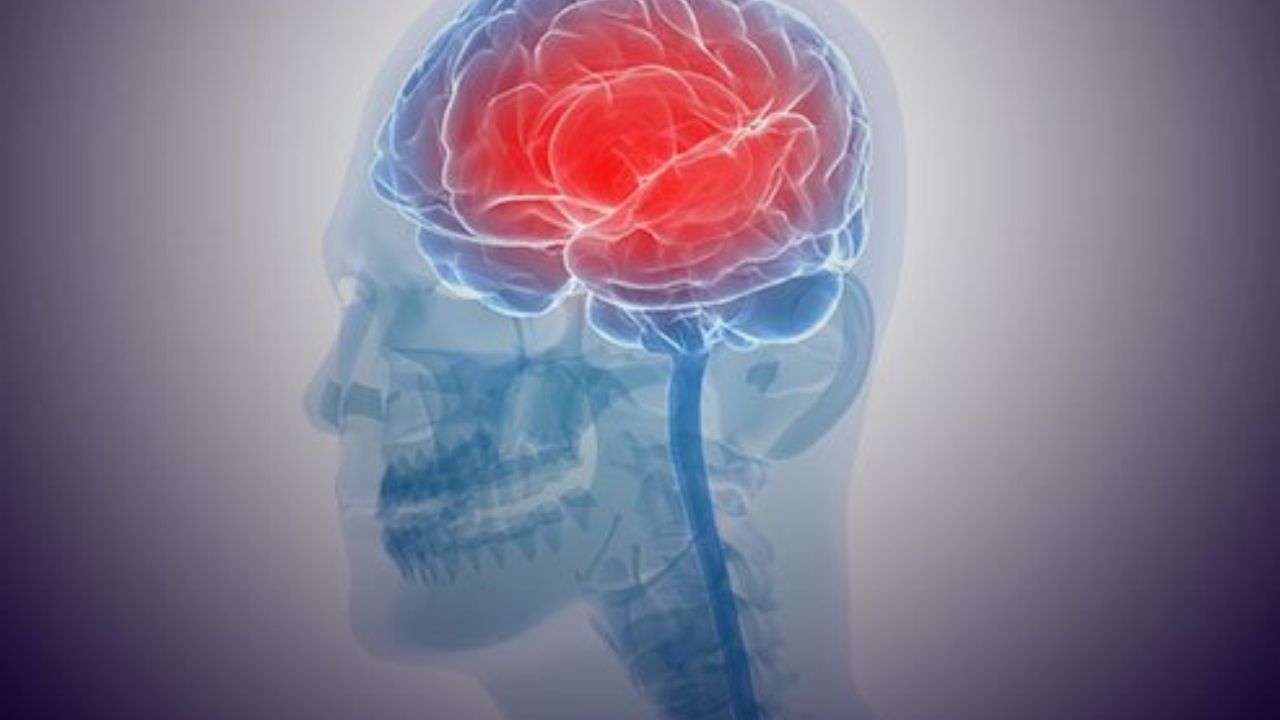CHANDIGARH
Encephalitis is a type of acute brain inflammation. A viral infection or the immune system wrongly targeting brain tissue are the most common causes. The HIV-infected population accounts for about 15% of encephalitis cases.
The symptoms, causes, treatments, and complications of encephalitis will be discussed in this article. Fever, photophobia, and headache are the first signs.
Encephalitis is a type of encephalitis that is rarely fatal. Children, the elderly, and individuals with weakened immune systems are the most common victims of encephalitis.
Only a few antiviral drugs can aid with encephalitis treatment. Epilepsy and memory loss are two encephalitis complications. In medicine, the term “acute” refers to a condition that appears suddenly and progresses quickly, necessitating immediate medical attention.
Symptoms that are less common
Nuchal rigidity (neck stiffness) may also occur, potentially leading to a misdiagnosis of meningitis. Leg stiffness, sluggish motions, and clumsiness are all possible symptoms. The patient could also be tired and coughing.
More serious situations
Severe headaches, nausea, vomiting, confusion, disorientation, memory loss, speech issues, hearing problems, hallucinations, seizures, and perhaps coma may occur in more serious cases. The patient may become aggressive in some circumstances.
Sedatives can help with seizures, restlessness, and irritability in people with brain fever. Rest, plenty of fluids, and Tylenol (paracetamol) for fever and headaches are the recommended treatments for people with mild symptoms.

 हिंदी
हिंदी





